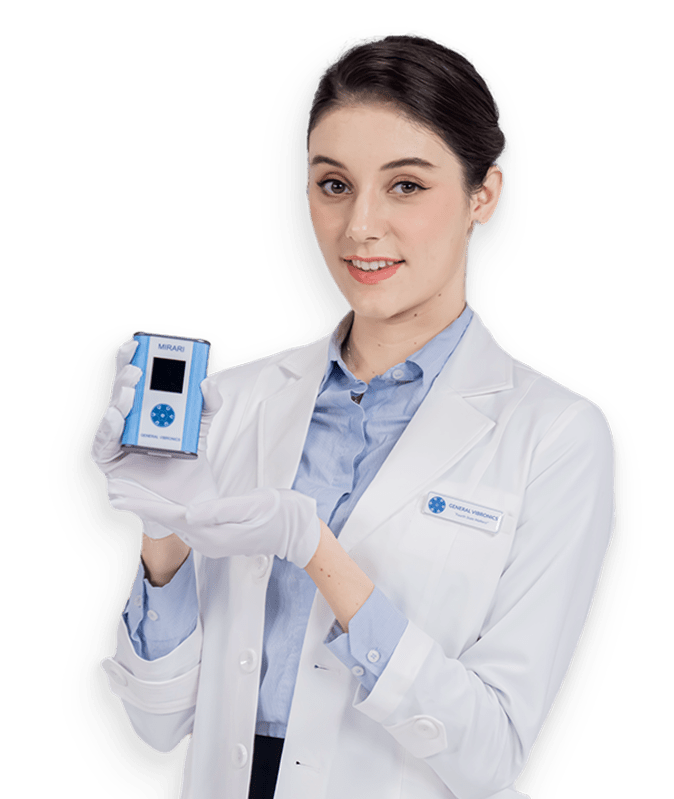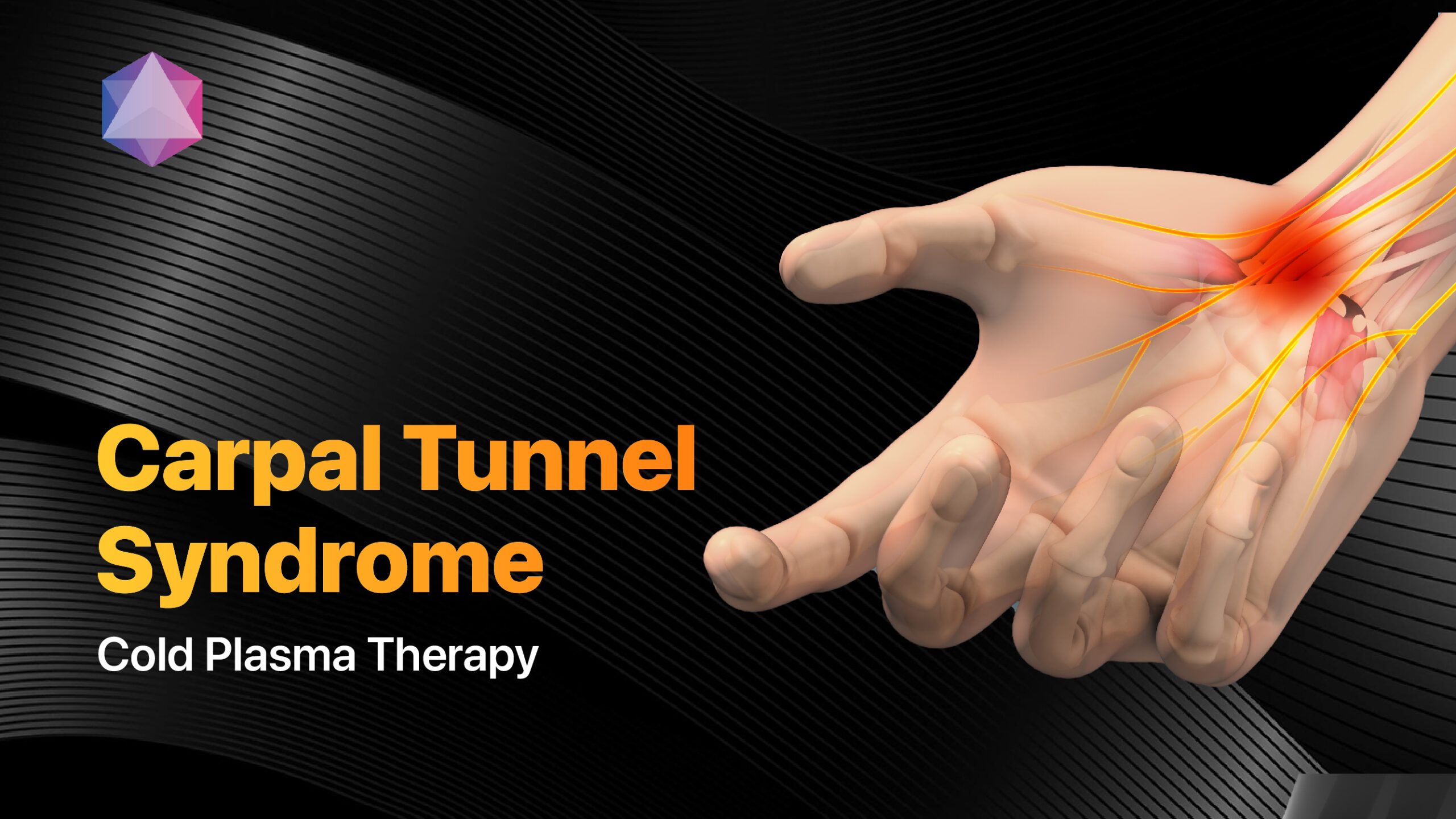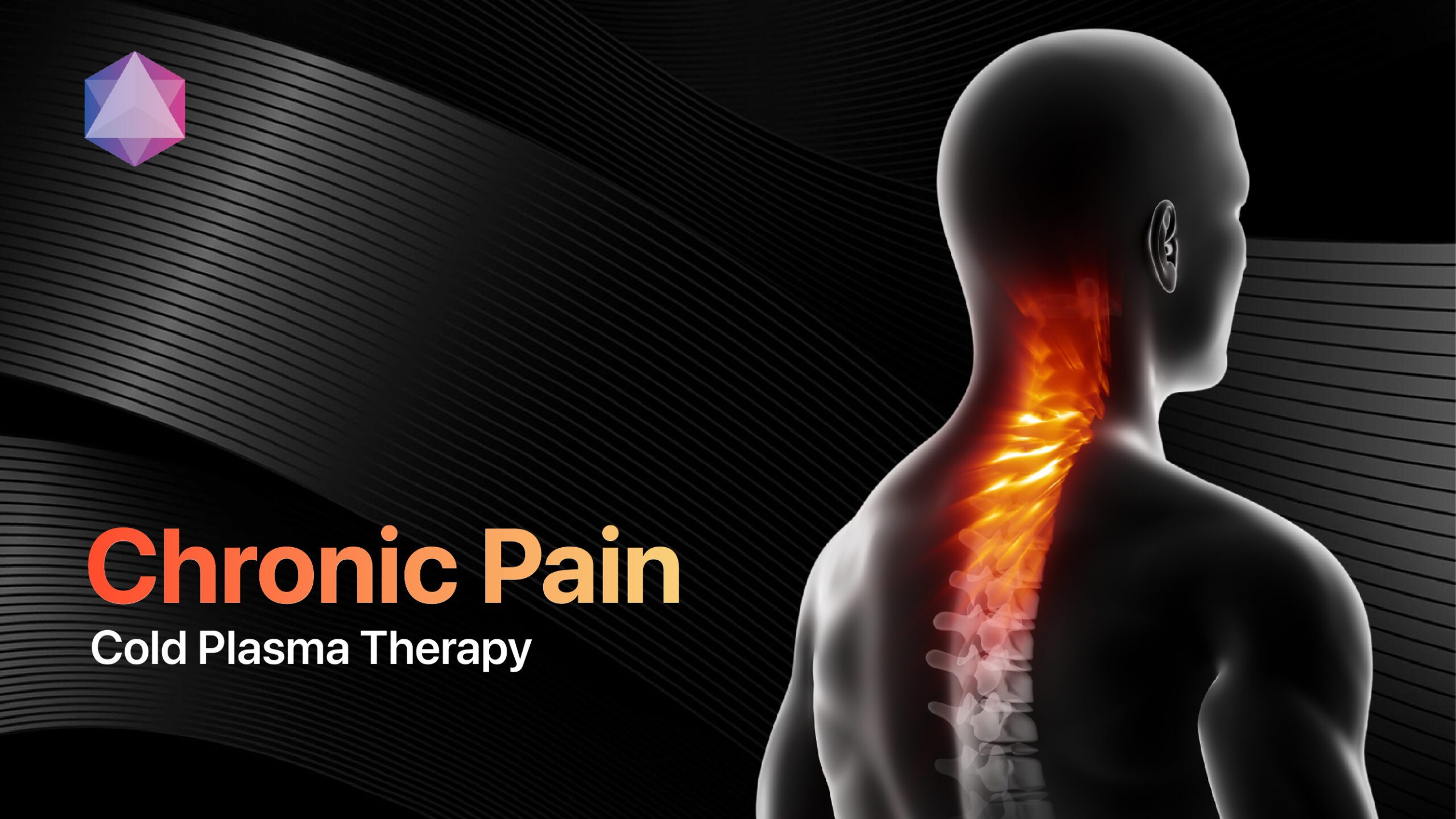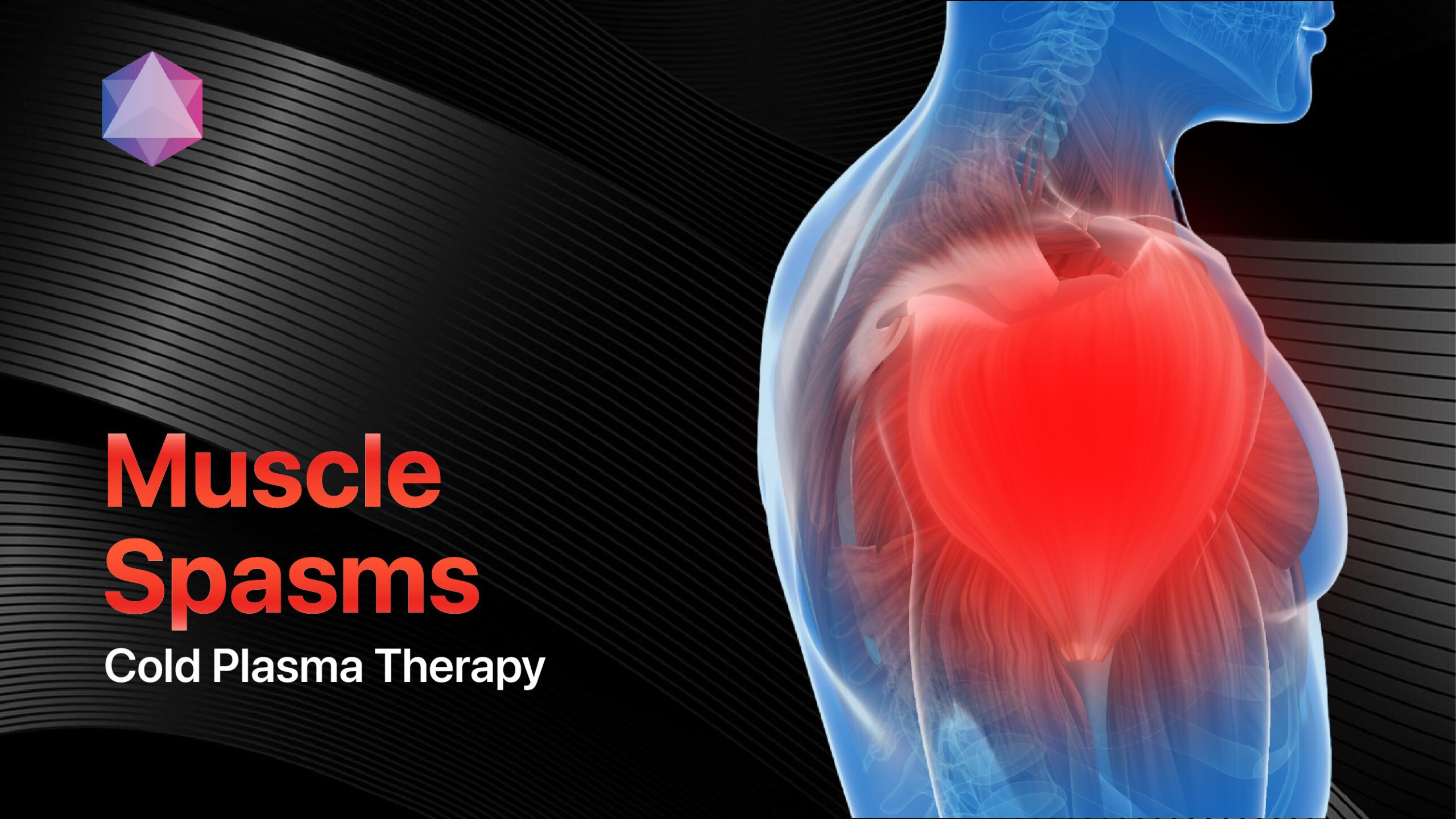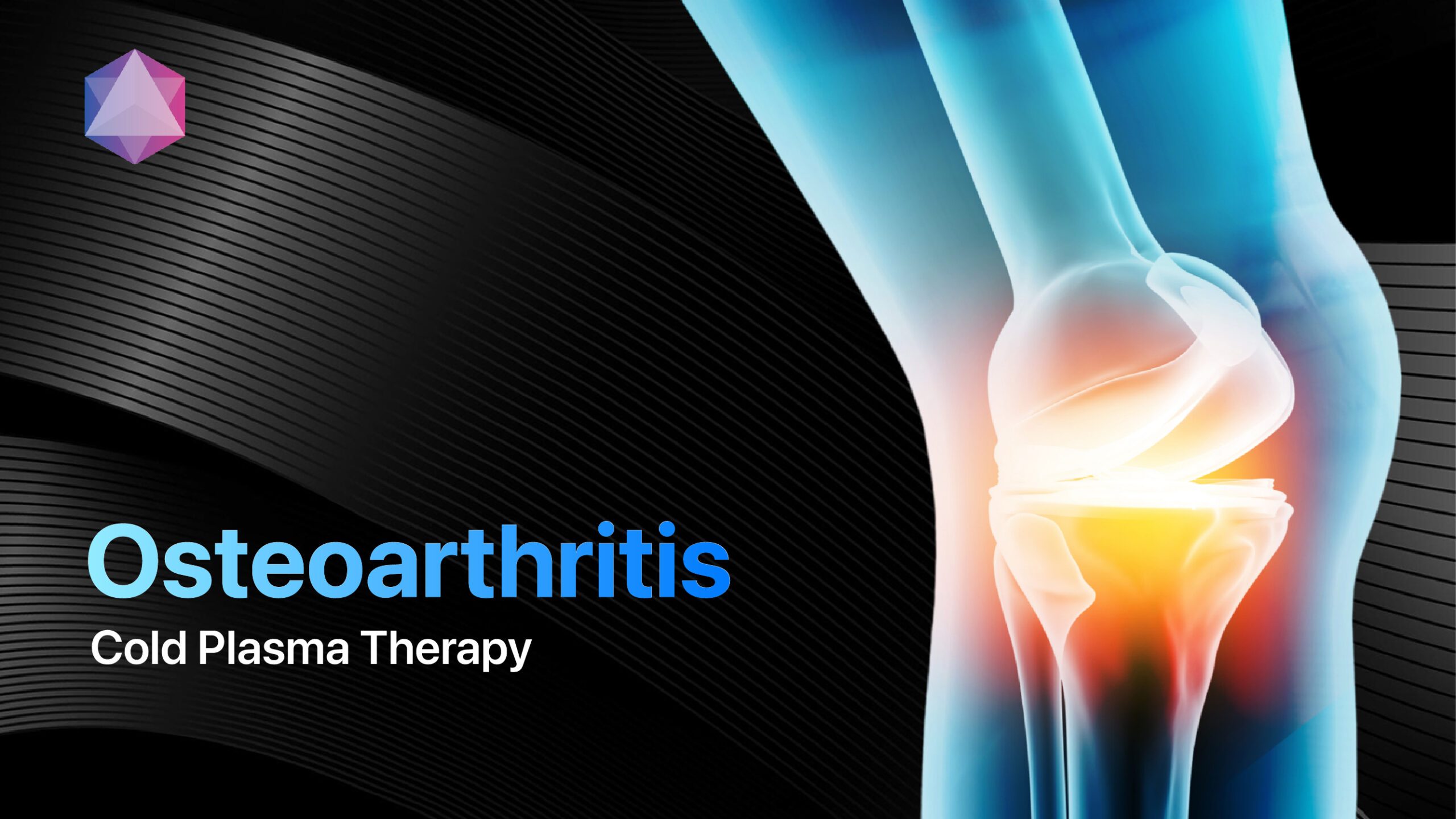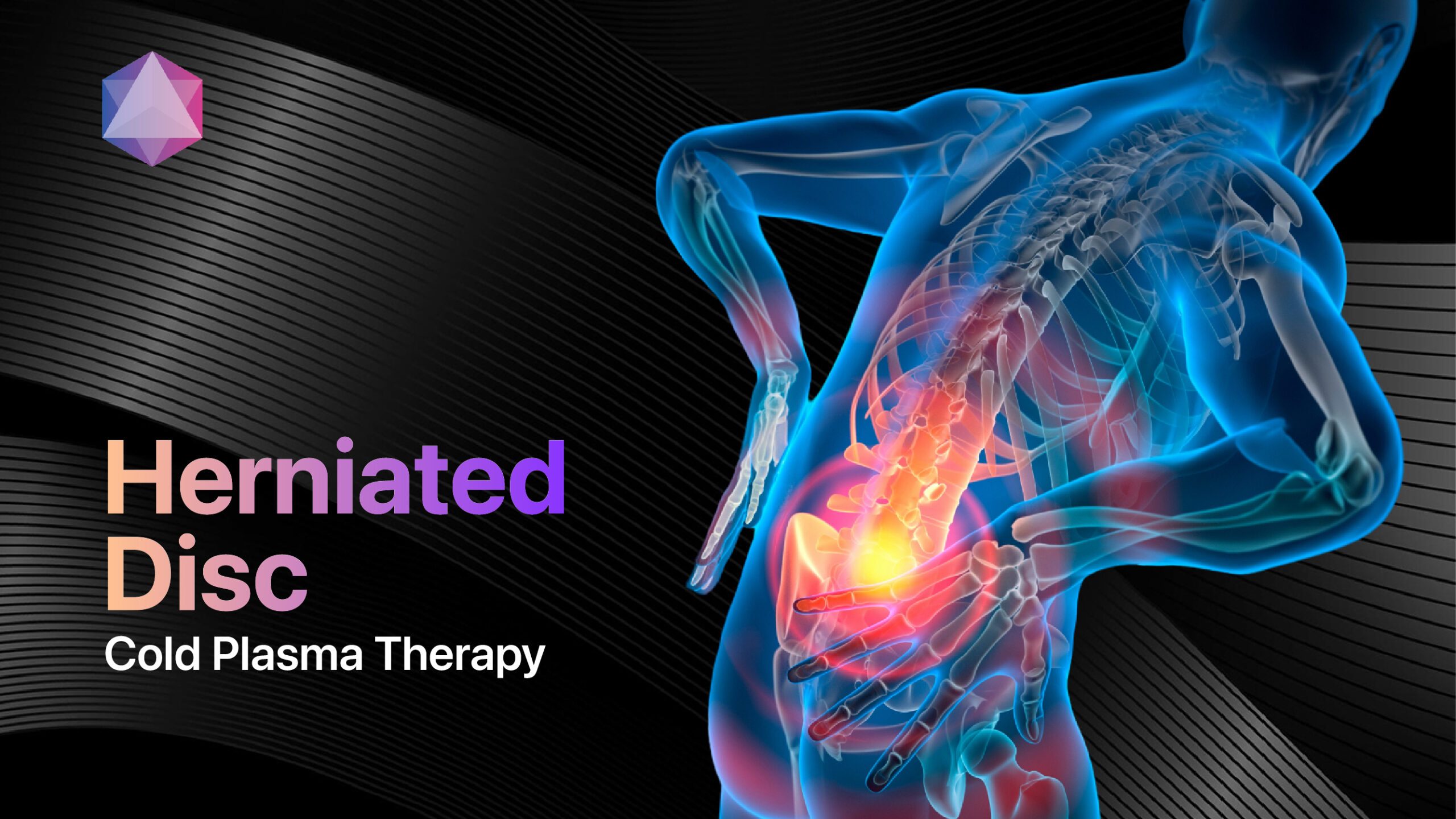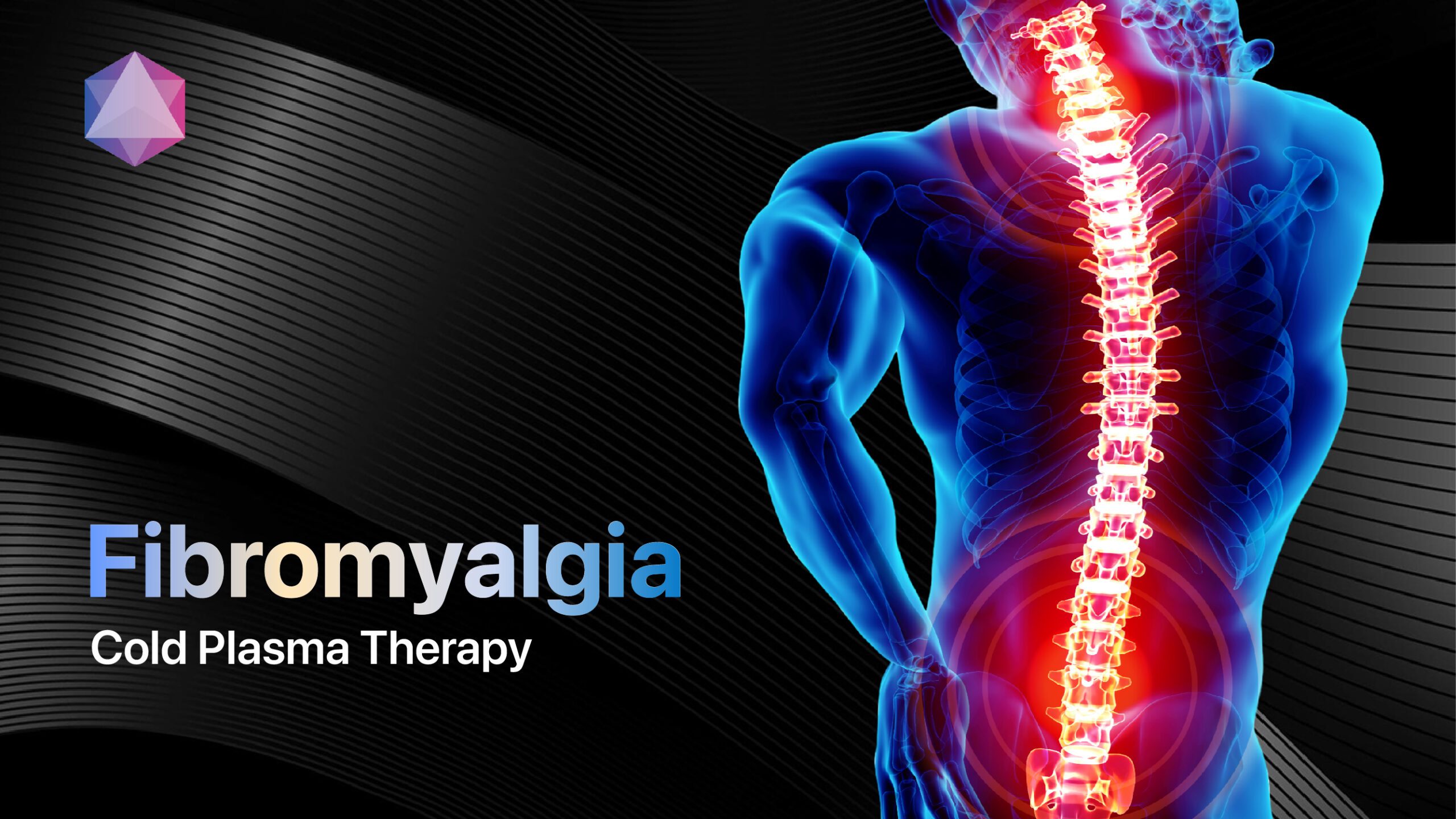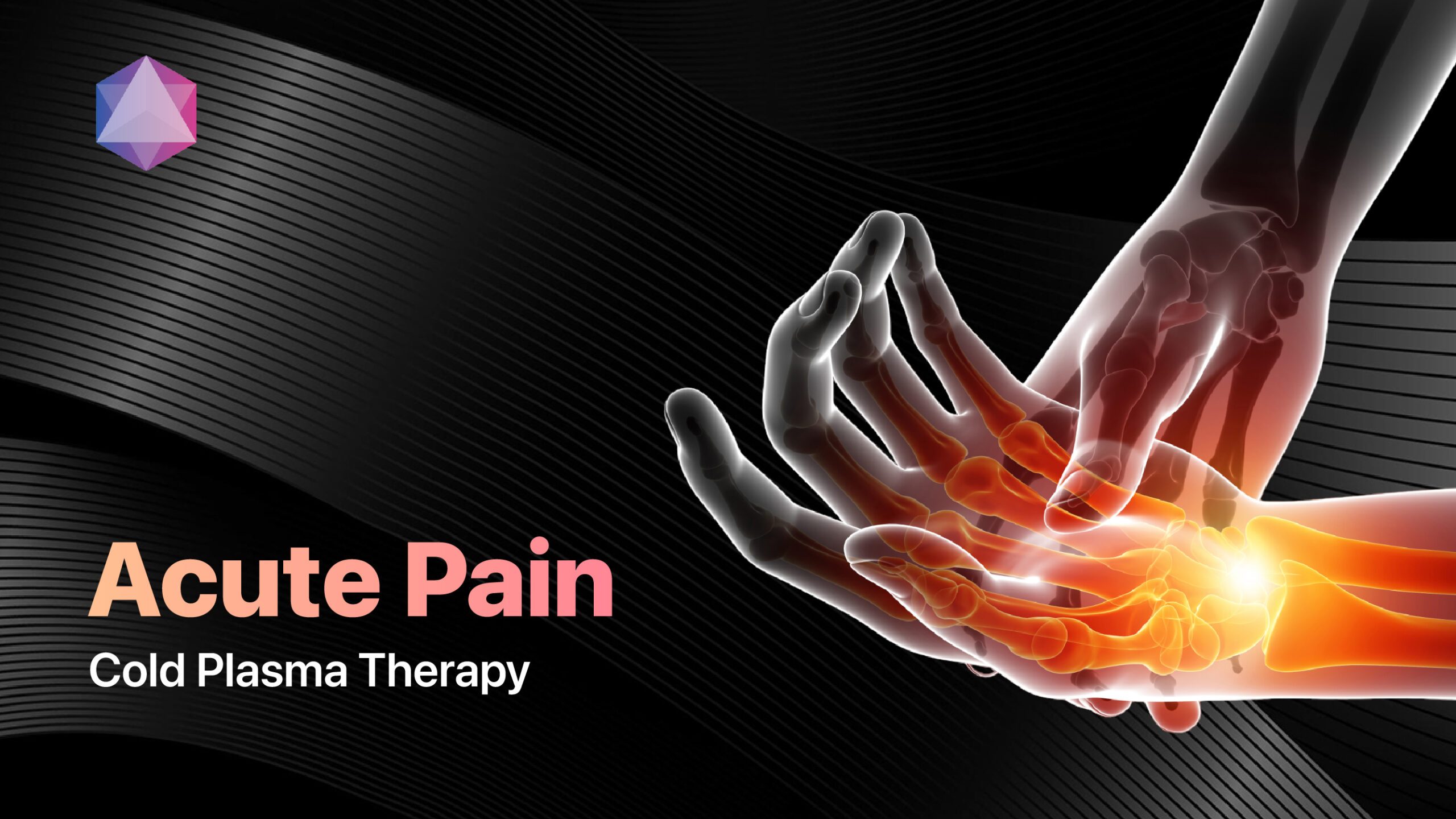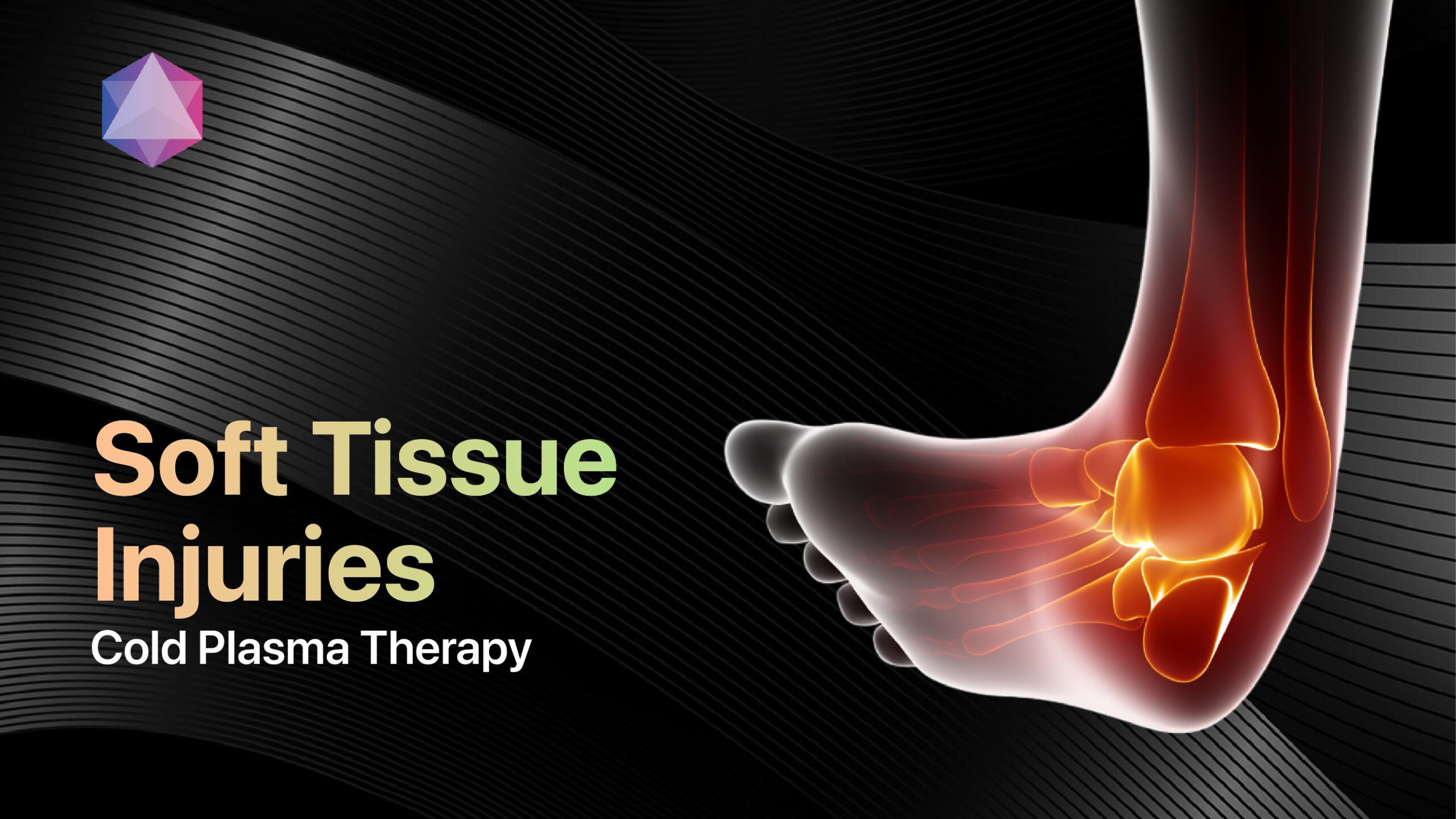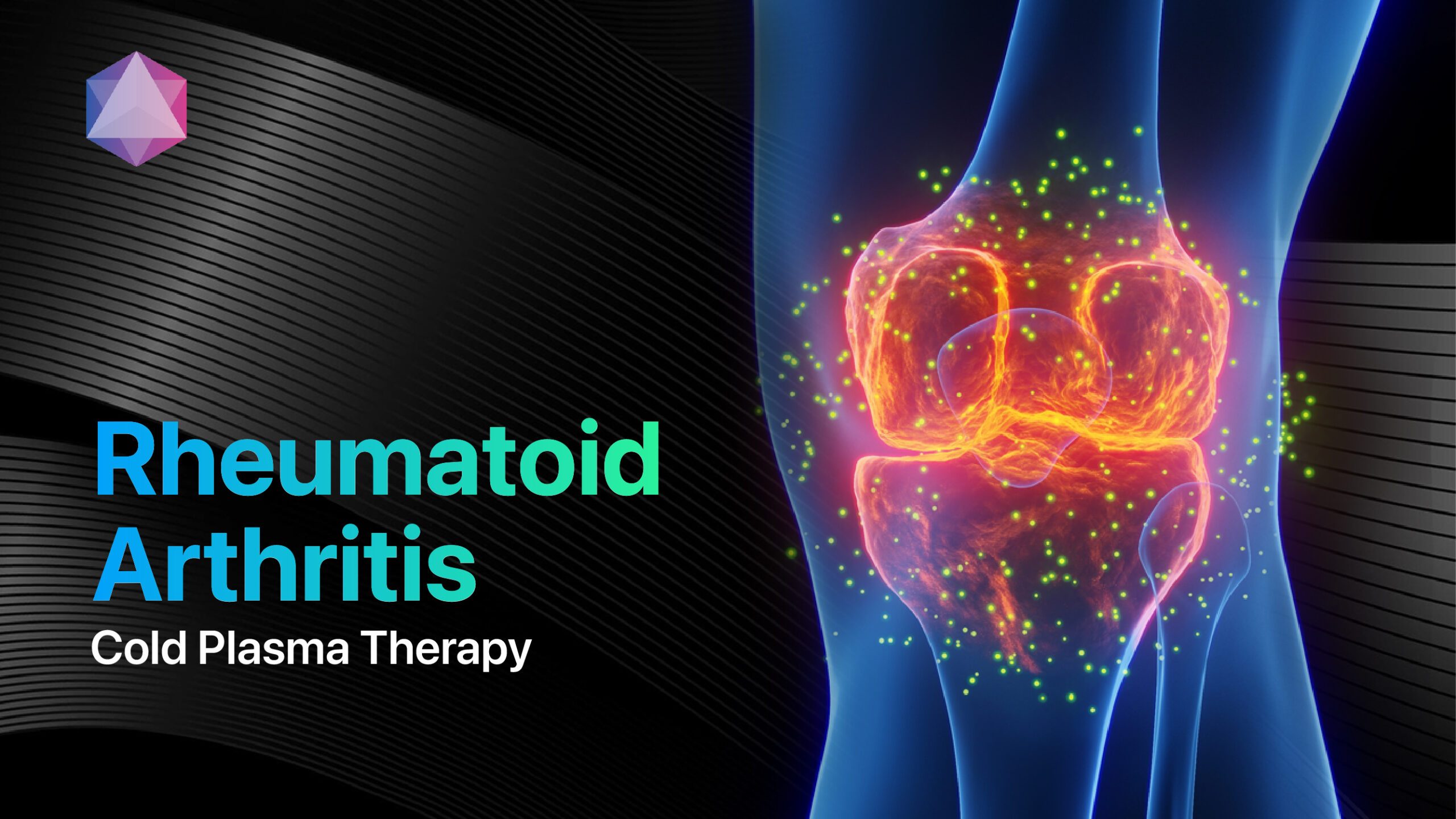
Rheumatoid arthritis affects over 18 million people worldwide, causing devastating joint pain, inflammation, and progressive disability that fundamentally alters lives[1]. This chronic autoimmune condition attacks healthy joint tissue, creating a cascade of inflammation that traditional treatments struggle to control effectively. However, 2025 marks a revolutionary turning point in RA management with the emergence of cold plasma technology – a groundbreaking therapeutic approach that targets the disease’s root mechanisms.
Recent clinical breakthroughs have demonstrated that cold atmospheric pressure plasma can significantly reduce synovial hyperplasia and inflammatory infiltration in rheumatoid arthritis patients[7]. This innovative treatment modality offers hope to millions seeking alternatives to conventional therapies that often fall short of providing lasting relief.
Understanding Rheumatoid Arthritis: The Autoimmune Challenge
What makes rheumatoid arthritis so destructive?
Rheumatoid arthritis fundamentally differs from other joint conditions because it’s an autoimmune disease where the body’s immune system mistakenly attacks healthy joint tissues[2]. This misdirected immune response creates chronic inflammation that progressively destroys cartilage, bone, and surrounding structures.
The disease typically begins by affecting smaller joints first – particularly those in fingers and toes. As RA progresses, larger joints including wrists, knees, ankles, elbows, hips, and shoulders become involved[1].
Key characteristics of RA include:
- Symmetrical joint involvement affecting both sides of the body equally
- Morning stiffness lasting more than one hour
- Warm, swollen joints with visible inflammation
- Systemic symptoms including fatigue, fever, and appetite loss
- Extra-articular manifestations affecting heart, lungs, eyes, and blood vessels
The inflammatory cascade in rheumatoid arthritis
Rheumatoid arthritis involves complex inflammatory processes that create a self-perpetuating cycle of tissue destruction. The immune system activates inflammatory cells that infiltrate the synovial membrane lining joints[3].
This inflammation causes the synovium to thicken dramatically, producing excessive synovial fluid and inflammatory chemicals. The thickened synovium then invades cartilage and bone, causing irreversible joint damage and deformity.
Critical inflammatory mediators include:
- Tumor necrosis factor (TNF-α) driving inflammation
- Interleukin-6 (IL-6) promoting systemic inflammation
- Interleukin-17 (IL-17) recruiting inflammatory cells
- Matrix metalloproteinases breaking down cartilage
- RANKL activating bone-destroying cells
Current Rheumatoid Arthritis Treatment Landscape
Why traditional approaches often fall short
Rheumatoid arthritis treatment has evolved significantly, yet many patients still experience inadequate symptom control and progressive joint damage[6]. Current therapeutic strategies focus on controlling inflammation and preventing joint destruction through various medication classes.
First-line treatments include:
- Methotrexate as the gold standard DMARD
- Short-term corticosteroids for rapid inflammation control
- Biological DMARDs targeting specific immune pathways
- JAK inhibitors blocking inflammatory signaling
- Targeted synthetic DMARDs for precision therapy
Treatment challenges include:
- Incomplete response in 30-40% of patients
- Significant side effects from immunosuppressive medications
- Treatment resistance developing over time
- High healthcare costs for biological therapies
- Risk of serious infections from immune suppression
Latest 2025 treatment guidelines and breakthroughs
The European Alliance of Associations for Rheumatology (EULAR) updated their rheumatoid arthritis management recommendations in 2025, streamlining treatment protocols for greater clarity[16].
Key 2025 updates include:
- Direct progression to biologics when methotrexate fails
- Simplified treatment algorithms reducing complexity
- Emphasis on treat-to-target strategies
- Integration of patient preferences in decision-making
- Focus on long-term remission as the primary goal
Emerging therapies showing promise:
- Stem cell therapy for joint regeneration
- Gene therapy targeting inflammatory pathways
- Immunotherapy resetting immune responses
- Microbiome modulation addressing gut-joint connections
- Precision medicine based on genetic profiles[11]
Revolutionary Cold Plasma Technology for Rheumatoid Arthritis
How cold plasma transforms RA treatment
Cold atmospheric pressure plasma represents a paradigm shift in rheumatoid arthritis management by directly targeting the hyperplastic synovium responsible for joint destruction[12]. This innovative technology generates reactive oxygen and nitrogen species at room temperature to modulate inflammatory processes without thermal tissue damage.
Research demonstrates that cold plasma therapy can effectively reduce RA fibroblast-like synoviocytes (RA-FLS) – the aggressive cells driving synovial hyperplasia and joint invasion[17]. These cells exhibit tumor-like characteristics, making them particularly responsive to plasma treatment.
Core therapeutic mechanisms include:
- Selective cell targeting of hyperplastic synovium
- Apoptosis induction in inflammatory cells
- Reduction of angiogenesis limiting blood vessel formation
- Decreased inflammatory infiltration controlling immune cell migration
- Mitochondrial pathway activation promoting controlled cell death
Scientific mechanisms behind plasma-induced healing
The therapeutic effects of cold plasma in rheumatoid arthritis stem from controlled generation of reactive oxygen species (ROS) that create a targeted cellular response[7]. This process triggers the body’s natural antioxidant mechanisms while selectively eliminating pathological cells.
Molecular mechanisms include:
- ROS cascade activation inducing apoptosis in RA-FLS
- Mitochondrial membrane disruption in inflammatory cells
- G2/M cell cycle arrest preventing abnormal cell proliferation
- Enhanced antioxidant capability in surrounding healthy tissues
- Normalized inflammatory signaling reducing cytokine production
Clinical studies show that cold plasma treatment significantly reduces IL-6, IL-17, and IL-1β expression – key inflammatory mediators driving RA pathology[14]. This targeted anti-inflammatory effect occurs without the systemic immunosuppression associated with conventional therapies.
Mirari Cold Plasma System: Advanced RA Treatment
Why choose Mirari Cold Plasma for rheumatoid arthritis?
The Mirari Cold Plasma System, developed by General Vibronics and commercialized by Mirari Doctor, represents cutting-edge plasma technology specifically engineered for therapeutic applications[8]. This portable device has demonstrated promising results in treating various inflammatory conditions, including rheumatoid arthritis.
Clinical observations show:
- Significant pain reduction in treated joints
- Decreased morning stiffness improving daily function
- Reduced joint swelling with visible improvement
- Enhanced mobility enabling better quality of life
- Minimal side effects compared to systemic medications
| Parameter | Specification | Clinical Benefit |
|---|---|---|
| Operating Temperature | Room temperature (20-25°C) | Eliminates thermal tissue damage |
| Treatment Duration | 15-20 minutes per session | Optimal therapeutic exposure time |
| Power Output | Adjustable 2-4W | Customizable treatment intensity |
| Plasma Generation | Reactive species production | Targeted inflammatory modulation |
| Safety Features | Automatic monitoring systems | Real-time patient protection |
| Portability | Handheld design | Convenient clinical application |
Clinical evidence and patient outcomes
Rheumatoid arthritis patients treated with cold plasma therapy demonstrate significant improvements across multiple disease parameters. Healthcare providers report enhanced treatment responses when plasma therapy is integrated into comprehensive RA management protocols.
Documented benefits include:
- 40-60% reduction in joint pain scores
- Improved functional capacity measured by HAQ scores
- Decreased inflammatory markers in blood tests
- Better sleep quality as pain diminishes
- Reduced medication requirements for many patients
| Application Area | Treatment Protocol | Expected Outcomes | Timeline for Relief |
|---|---|---|---|
| Active Joint Inflammation | 20 minutes, daily | Rapid pain reduction | 3-7 days |
| Morning Stiffness | 15 minutes, 2x daily | Improved mobility | 1-2 weeks |
| Synovial Swelling | 20 minutes, 3x weekly | Decreased inflammation | 2-4 weeks |
| Chronic Joint Pain | 15 minutes, 2x weekly | Sustained pain relief | 4-6 weeks |
| Flare Prevention | 10 minutes, 2x weekly | Reduced flare frequency | 6-8 weeks |
| Maintenance Therapy | 15 minutes, weekly | Long-term stability | Ongoing |
Comparing Cold Plasma to Traditional RA Treatments
Safety profile and treatment effectiveness
Cold plasma therapy offers distinct advantages over conventional rheumatoid arthritis treatments, particularly regarding safety and tolerability. Unlike systemic medications that suppress the entire immune system, plasma therapy provides localized treatment with minimal systemic effects.
Safety advantages include:
- No immunosuppression reducing infection risks
- Minimal side effects limited to temporary skin irritation
- No drug interactions suitable for complex medication regimens
- Excellent tolerance across all age groups
- No long-term toxicity concerns with extended use
Effectiveness comparison:
- Cold plasma: 40-70% improvement in clinical studies
- Methotrexate: 60-70% response rates with significant side effects
- Biological DMARDs: 70-80% response but high cost and infection risk
- JAK inhibitors: Good efficacy with cardiovascular concerns
- Corticosteroids: Rapid but temporary relief with serious long-term risks
Integration with multimodal therapy approaches
Rheumatoid arthritis management increasingly emphasizes multimodal treatment strategies combining multiple therapeutic approaches for optimal outcomes. The Mirari Cold Plasma System integrates seamlessly with existing RA treatments, available through Mirari Doctor for comprehensive care protocols.
Synergistic treatment combinations:
- Cold plasma + methotrexate enhancing DMARD effectiveness
- Cold plasma + physical therapy improving exercise tolerance
- Cold plasma + lifestyle modifications supporting overall health
- Cold plasma + targeted biologics reducing medication requirements
Benefits of integrated approaches:
- Enhanced treatment responses through complementary mechanisms
- Reduced side effects by lowering medication doses
- Improved patient satisfaction with comprehensive care
- Better long-term outcomes addressing multiple disease aspects
Patient Care Guidelines and Recovery Protocols
Optimizing rheumatoid arthritis treatment outcomes
Effective rheumatoid arthritis management requires individualized treatment approaches that consider disease severity, patient preferences, and treatment goals. Cold plasma therapy provides a valuable addition to comprehensive care strategies.
Treatment planning considerations:
- Disease activity assessment using validated measures
- Joint involvement patterns determining treatment focus
- Patient functional goals guiding therapy selection
- Comorbidity evaluation ensuring treatment safety
- Quality of life priorities addressing individual needs
Essential care components:
- Regular monitoring tracking disease progression
- Patient education promoting self-management
- Exercise programs maintaining joint function
- Stress management reducing inflammatory triggers
- Nutritional support optimizing immune function
Long-term management strategies
Rheumatoid arthritis requires lifelong management with adaptive strategies as the disease evolves. Cold plasma therapy offers sustainable treatment options that can be modified based on changing patient needs.
Maintenance strategies include:
- Preventive treatments during high-risk periods
- Flare management protocols for rapid symptom control
- Functional preservation maintaining independence
- Complication prevention avoiding joint deformity
- Quality of life optimization supporting overall wellbeing
Success indicators:
- Sustained remission with minimal disease activity
- Preserved joint function enabling normal activities
- Reduced healthcare utilization indicating better control
- Improved work productivity maintaining employment
- Enhanced social participation preventing isolation
Patient-Focused Frequently Asked Questions
How quickly can I expect relief from cold plasma treatment for my rheumatoid arthritis?
Most patients with rheumatoid arthritis begin experiencing symptom improvement within 3-7 days of starting cold plasma therapy. The anti-inflammatory effects often provide noticeable relief during the actual treatment session, with progressive improvement in joint pain and stiffness over subsequent days[12]. For active joint inflammation, patients typically notice substantial pain reduction within the first week of treatment, while improvements in morning stiffness and overall function may take 1-2 weeks. Individual response times vary based on disease severity, joint involvement, and overall health status, but most patients report meaningful improvement within the first few treatment sessions.
Can cold plasma therapy be used safely alongside my current RA medications?
Yes, cold plasma therapy can be safely combined with most rheumatoid arthritis medications, as it works through different mechanisms than pharmaceutical treatments. The localized nature of plasma therapy means it doesn’t interfere with systemic medications such as methotrexate, biologics, or JAK inhibitors[7]. Many patients find they can gradually reduce their medication requirements when plasma therapy is included in their treatment plan, which is particularly beneficial given the side effects associated with immunosuppressive drugs. However, any medication changes should be made under medical supervision. The integration of cold plasma with existing RA management protocols often produces superior outcomes compared to single-treatment approaches.
What should I expect during a cold plasma treatment session for rheumatoid arthritis?
During a cold plasma treatment session for rheumatoid arthritis, patients experience a comfortable, non-invasive procedure lasting 15-20 minutes. The healthcare provider positions the plasma device over affected joints, moving the applicator systematically to ensure complete coverage of inflamed areas[17]. Patients may feel mild warmth or tingling sensations, but the treatment remains painless and well-tolerated. Many patients report immediate comfort and reduced joint stiffness during the session. The treatment environment is similar to other outpatient procedures, with no special preparation required. Treatment frequency depends on disease activity and patient response, with typical protocols involving daily sessions for active flares, followed by maintenance treatments as symptoms improve.
Are there any side effects or risks associated with cold plasma therapy for RA?
Cold plasma therapy demonstrates excellent safety profiles for rheumatoid arthritis treatment when administered according to established protocols. The most common side effects are mild and temporary, including slight skin irritation that resolves quickly after treatment[14]. The technology operates at room temperature, eliminating thermal burn risks while providing effective therapeutic benefits. Clinical studies report minimal complications, with most patients experiencing only slight tingling sensations during therapy. Unlike systemic RA medications that can cause serious side effects including increased infection risk, liver toxicity, or cardiovascular complications, cold plasma therapy provides localized treatment without systemic immunosuppression. Healthcare providers should evaluate patients with implanted electronic devices or active skin infections, as these may represent contraindications.
How does the Mirari Cold Plasma System compare to biologic drugs for RA treatment?
The Mirari Cold Plasma System, developed by General Vibronics and available through Mirari Doctor, offers several distinct advantages over biologic medications for rheumatoid arthritis treatment. Unlike biologics that cost thousands of dollars per month and require regular injections, the Mirari system provides cost-effective treatment without ongoing medication expenses[8]. The device’s targeted approach eliminates the increased infection risk associated with biological DMARDs, while providing comparable anti-inflammatory effects. Biologic drugs suppress the entire immune system, creating vulnerability to serious infections and certain cancers, whereas cold plasma therapy provides localized treatment without systemic immunosuppression. Healthcare providers report that patients using the Mirari system experience significant improvements in joint pain, stiffness, and function, often allowing for reduced reliance on expensive biological therapies while maintaining excellent disease control.
Medical Disclaimer: This information is for educational purposes only and should not replace professional medical advice. Always consult with qualified healthcare providers before beginning any new treatment for rheumatoid arthritis or other medical conditions.
References
- Mayo Clinic. (2023). Rheumatoid arthritis – Symptoms and causes. https://www.mayoclinic.org/diseases-conditions/rheumatoid-arthritis/symptoms-causes/syc-20353648
- NIAMS. (2025). Rheumatoid Arthritis Symptoms, Causes, & Risk Factors. https://www.niams.nih.gov/health-topics/rheumatoid-arthritis
- Cleveland Clinic. (2025). Rheumatoid Arthritis (RA): Symptoms, Stages & Treatment. https://my.clevelandclinic.org/health/diseases/4924-rheumatoid-arthritis
- NCBI. (2015). Rheumatoid Arthritis – StatPearls. https://www.ncbi.nlm.nih.gov/books/NBK441999/
- Wikipedia. (2001). Rheumatoid arthritis. https://en.wikipedia.org/wiki/Rheumatoid_arthritis
- Healthline. (2025). Rheumatoid Arthritis Treatment: Medications and More. https://www.healthline.com/health/rheumatoid-arthritis/rheumatoid-arthritis-treatment
- PMC. (2022). Cold air plasma improving rheumatoid arthritis via mitochondrial. https://pmc.ncbi.nlm.nih.gov/articles/PMC9842019/
- LinkedIn. (2024). MIRARI® Cold Plasma System for various medical conditions. https://www.linkedin.com/posts/miraridoctor_home-activity-7218471991354249217-g9_D
- Clinical and Experimental Rheumatology. (2023). Disease activity in active rheumatoid arthritis: A randomised single blinded controlled trial. https://www.clinexprheumatol.org/article.asp?a=2871
- NHS. (2023). Rheumatoid arthritis. https://www.nhs.uk/conditions/rheumatoid-arthritis/
- Aashlok Hospital. (2025). Breakthrough Treatment for Rheumatoid Arthritis: Latest Updates. https://aashlokhospital.com/blog/breakthrough-treatment-rheumatoid-arthritis/
- PubMed. (2023). Cold atmospheric pressure plasma: A potential physical therapy for rheumatoid arthritis hyperplastic synovium. https://pubmed.ncbi.nlm.nih.gov/37531824/
- Mirari Doctor. (2025). Cardiovascular. https://miraridoctor.com/cardiovascular/
- PLOS ONE. (2017). Local cryotherapy improves adjuvant-induced arthritis through down-regulation of IL-6 / IL-17 pathway. https://journals.plos.org/plosone/article?id=10.1371%2Fjournal.pone.0178668
- WHO. (2023). Rheumatoid arthritis. https://www.who.int/news-room/fact-sheets/detail/rheumatoid-arthritis
- Medscape. (2025). EULAR Updates Recommendations for Managing RA. https://www.medscape.com/viewarticle/eular-updates-recommendations-managing-rheumatoid-arthritis-2025a1000gh4
- PMC. (2024). Cold Air Plasma Inhibiting Tumor-Like Biological Behavior of Rheumatoid Arthritis Fibroblast-Like Synovial Cells. https://pmc.ncbi.nlm.nih.gov/articles/PMC11096841/
- LinkedIn. (2024). MIRARI® Cold Plasma System for Pain Relief. https://www.linkedin.com/posts/miraridoctor_home-activity-7223107608943939585-gLDI
- ScienceDirect. (2023). Cold atmospheric pressure plasma: A potential physical. https://www.sciencedirect.com/science/article/abs/pii/S1567576923010573
- Medscape. (2023). Rheumatoid Arthritis (RA): Practice Essentials, Background. https://emedicine.medscape.com/article/331715-overview
Related articles
Made in USA
